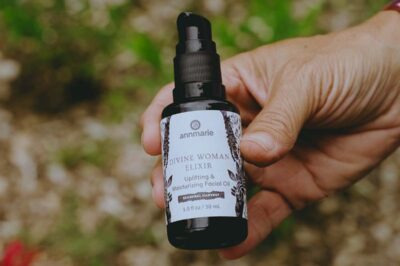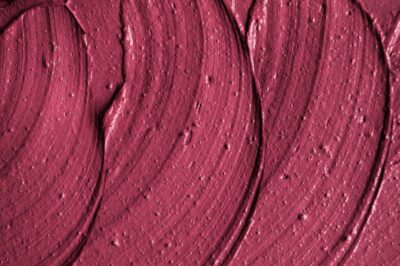Perhaps made famous by Simon & Garfunkel's rendition of “Scarborough Fair,” thyme is a delicate herb that has long been used as a cooking spice and for its medicinal properties. It's also steeped in folklore, having been used by the Romans to help cure depressed people of their melancholy, and by warriors in their baths for courage before battle.
Later research found that when applied topically, thyme can calm, even skin tone and help with oily skin.
Along with being a good subject for a song, thyme is great for unclogging pores.
A little bit about the ingredient itself
Also called farigoule, thyme is a culinary herb native to Southern Europe. It has a faintly lemony flavor that is often used with vegetables, poultry, fish, meats, stuffings, and sauces. It's best cultivated in hot, sunny locations with well-drained soil, preferring slopes, bordering pathways, and areas between paving stones. A perennial herb generally planted in spring, it also serves well as an aromatic ground cover for gardens.
Historically, Egyptians used thyme for embalming, and in the Middle Ages, it was used to aid sleep and ward off nightmares. As it was thought to help encourage passage into the next life, it was often placed on coffins during funerals.
In cooking, thyme works well in pasta sauces, omelets, bean dishes, and seasoned soups.

Internal health benefits of thyme
Thyme has long been used for its health benefits, particularly in connection with respiratory issues like coughs, bronchitis, and congestion. The herb has a reputation as an anti-spasmodic, helping to calm coughs and convulsions. Research into cardiovascular health also shows the potential of thyme to help relax arteries and veins and reduce blood pressure.
Thyme also has several flavonoids, and is a good source of vitamin K, iron, and manganese.
Thyme's benefits to the skin
Oily skin. If you're looking for a natural solution for oily skin and clogged pores, thyme makes a great alternative.
Antioxidant. Like most natural ingredients, thyme contains powerful antioxidants that can help protect skin from environmental stressors.
Natural fragrance. Most commercially available skin care products use chemicals to add a touch of fragrance. It's just unnecessary, as so many natural herbs and extracts can provide an even nicer, more natural and less irritating scent. Thyme is one of these—it has a spicy, energizing fragrance great for livening up your day!
Try It!
We formulated our Radiant Skin Silk Body Lotion and Rosemary Toning Mist with thyme, along with other herbs like plantain and rosemary.
Sources
Elizabeth Loveland, “A Brief History of Thyme,” Suite101, September 21, 2008, http://suite101.com/article/a-brief-history-of-thyme-a69675.








Leave a Reply